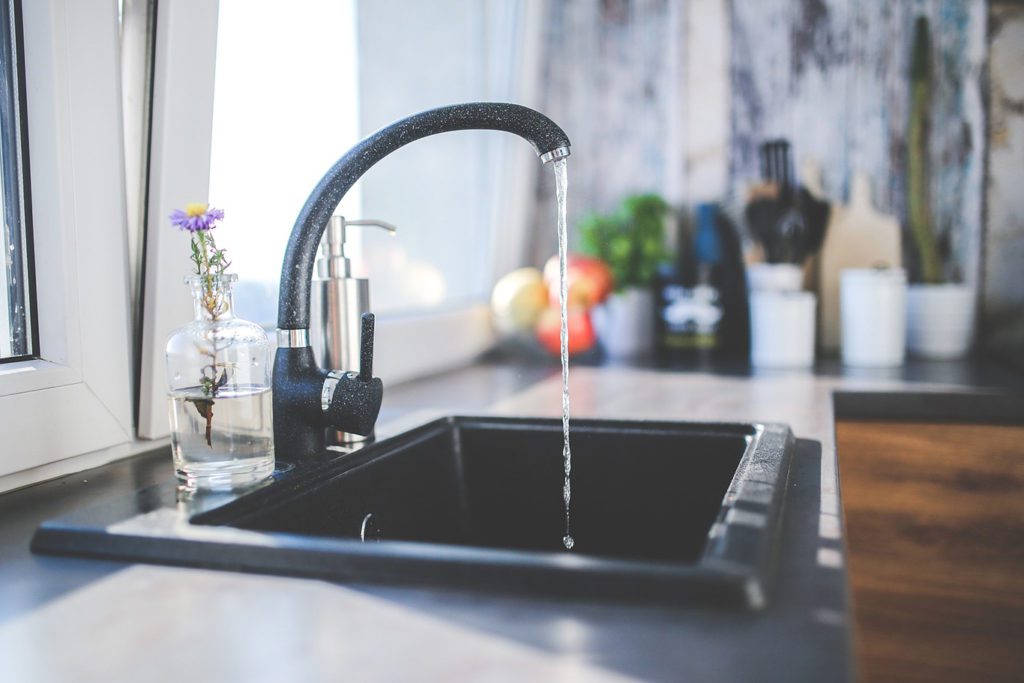How Garbage Disposals Work
Garbage disposals are a common appliance found in most modern kitchens. They are installed under the sink and are designed to break up food waste into small pieces so that it can be safely washed down the drain. The motor powers a spinning impeller that grinds up the food into small particles. The particles are then flushed through the drainage system and into the sewer system.
A healthy garbage disposal are convenient and can save you time in the kitchen, but they can also cause problems if not used properly. It’s important to understand how they work and what foods are safe to put down the drain to avoid clogs or damage to the appliance. Remember that a garbage disposal is not a substitute for a trash can.
Safe Foods for Your Garbage Disposal
Garbage disposals can handle a wide range of food waste, but some foods are better suited for the appliance than others. Here are some safe foods to put down your garbage disposal:
- Soft fruits and vegetables such as bananas, tomatoes, and broccoli.
- Cooked meat scraps such as chicken, beef, and pork.
- Small bones such as chicken wings or fish bones.
- Eggshells.
- Coffee grounds.
- Small amounts of pasta or rice.
- Citrus peels.
It’s important to note that not all foods are created equal when it comes to garbage disposals. Some foods can cause damage or clogs and should be avoided.
Unsafe Foods for Your Garbage Disposal
Certain foods are not safe to put down your garbage disposal. These foods can cause clogs, damage to the appliance, or even create foul odors. Here are some foods to avoid putting down your garbage disposal:
- Grease, fats, and oils.
- Potato peels.
- Fibrous vegetables such as celery, artichokes, and asparagus.
- Bones from large animals such as beef or pork.
- Seeds or pits from fruits such as avocados or peaches.
- Non-food items such as paper, plastic, or metal.
- Large amounts of pasta or rice.
Remember that a garbage disposal is not a trash can. Avoid putting anything down the drain that can’t be easily broken down.
Common Mistakes to Avoid
Using a garbage disposal is not rocket science, but there are some common mistakes that people make that can lead to problems. Here are some mistakes to avoid:
- Overloading the disposal with too much food waste at once.
- Pouring grease, fats, or oils down the drain.
- Putting non-food items down the disposal.
- Failing to run enough water while using the disposal.
- Not cleaning the disposal regularly.
Avoiding these mistakes can help ensure that your garbage disposal functions properly and lasts longer.
Maintaining Your Garbage Disposal
Proper maintenance is key to keeping your garbage disposal in good working order. Here are some tips for maintaining your garbage disposal:
- Run cold water for at least 15 seconds before and after using the disposal to flush out any remaining food particles.
- Use a garbage disposal cleaner or vinegar and baking soda to clean the disposal once a month.
- Avoid using harsh chemicals or drain cleaners that can damage the appliance.
- Keep the blades sharp by running ice cubes through the disposal.
By taking good care of your garbage disposal, you can ensure that it lasts longer and operates efficiently.
Troubleshooting Common Problems
Even with proper maintenance, garbage disposals can sometimes experience problems. Here are some common problems and how to troubleshoot them:
- The disposal won’t turn on: Check the power supply and make sure the switch is on. If the power supply is working and the switch is on, it may be a problem with the motor or electrical connections.
- The disposal is clogged: Turn off the disposal and unplug it. Use pliers or tongs to remove any visible obstructions. Then run cold water and turn on the disposal. If the problem persists, it may be a more serious clog that requires professional help.
- The disposal is leaking: Check the connections between the disposal and the sink. Tighten any loose connections. If the problem persists, it may be a problem with the seal or gasket that requires professional help.
Tips for Keeping Your Kitchen Sink and Garbage Disposal Clean
Keeping your kitchen sink and garbage disposal clean can help prevent clogs and foul odors. Here are some tips for keeping your a healthy garbage disposal clean:
- Wipe down the sink and disposal with a mild detergent or baking soda and water.
- Run hot water down the drain for a few minutes to help break down any grease or food particles.
- Use a drain strainer to catch any large food particles before they go down the drain.
- Avoid putting non-food items down the disposal.
By following these tips, you can help keep your kitchen sink and garbage disposal clean and functioning properly.
Professional Garbage Disposal Services
If you’re experiencing persistent problems with your garbage disposal, it may be time to call in the professionals. A licensed plumber or appliance repair technician can diagnose and fix problems with your garbage disposal. They can also provide maintenance and cleaning services to help keep your appliance in good working order.
Conclusion
Garbage disposals are a convenient and time-saving appliance in the kitchen, but they can also cause problems if not used properly. By understanding how they work and what foods are safe to put down the drain, you can avoid clogs and damage to your appliance. Remember to avoid common mistakes, maintain your garbage disposal, and troubleshoot problems when they arise. By following these tips, you can keep a healthy garbage disposal functioning properly and your kitchen sink clean and odor-free.
Click to Learn More!

